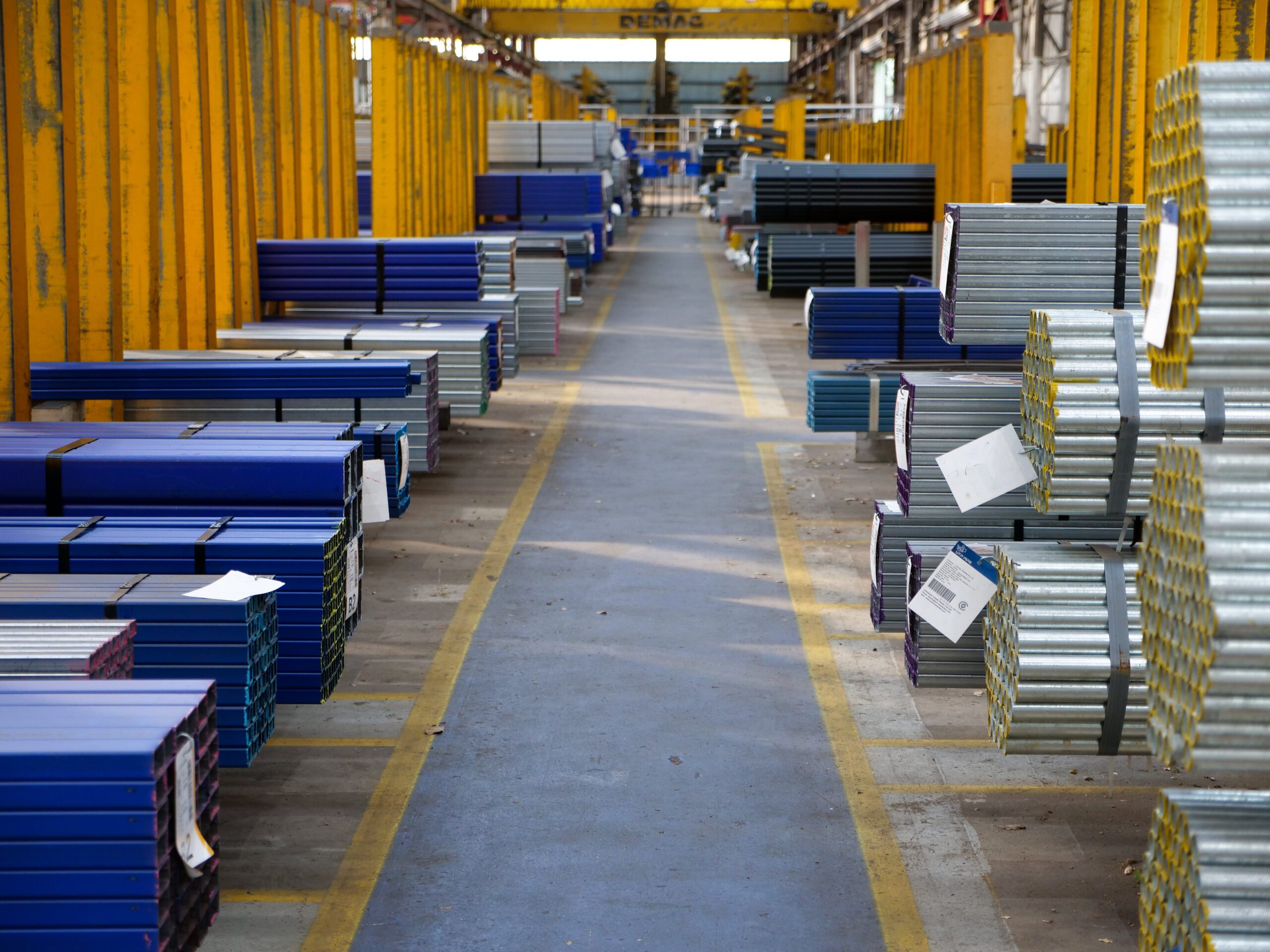Home / Our Stories /
Modern steelmaking part of Australia’s advanced manufacturing future
19 July 2021

A thriving steel industry is critical to a vibrant Australian manufacturing sector and nation building, writes InfraBuild CEO Vik Bansal.
Domestic economic sovereignty and onshore manufacturing capability have remained in focus since the onset of the COVID-19 pandemic, and its impact on international supply chains and geo-politics.
In many respects, the world as we know it has changed forever. We are in a new paradigm, a post globalisation era. Geo-political changes and global parities have forced Australia to rethink its dependencies.
Developed countries, like ours, are looking to shore up domestic supply chains and manufacturing capability in critical areas to ensure greater and ongoing self-sufficiency. It’s forced some navel gazing and acceptance of hard truths.
In the Australian context, it’s a realisation that we had let our manufacturing sector languish to the detriment of all. From the glory days, post-World War II where one in three Australians worked in the manufacturing sector during the 1950s and 60s – that figure is now just one in 13. In the 1970s, the manufacturing sector made up 30% of Australia’s Gross Domestic Product, but that has dwindled now to about 6%. It would seem, until very recently, we were comfortable in exporting our raw resources to others to add value, only to then import finished products. Not really a path to long term sustainability and self-sufficiency.
In the nick of time for Australia – and one of few positives to come from the global pandemic – has been the realisation that this trajectory must be reversed for our nation to remain resilient and prosper for generations to come. It’s at the core of the Australian Government’s $1.3 billion Modern Manufacturing Initiative (MMI), the centrepiece of its Modern Manufacturing Strategy, which aims to provide the necessary investment and support for to create long-term change for Australian manufacturers.
To me, the initiative’s development acknowledges the role of a thriving domestic manufacturing sector. The former way of doing things is a one-way track to an undue reliance on global markets, international trading partners and supply chains which we have learnt over the course of the past 15 months or so, are not always robust.
A service-industry based society does well during the good times but as we’ve seen, can be disrupted and knocked off course quickly resulting in mass unemployment which carries with it a multitude of social and economic issues. A nation with high-quality manufacturing capability has inherent stability and greater long-term sustainability. It builds sustained human capabilities and an innovative culture which then goes into other sectors of the country.
But what does the MMI mean for Australia’s steel industry? Under the initiative’s Recycling and Clean Energy priority area, there is clear investment and support for manufacturers in the renewable energy sector and pleasingly, those in low-carbon-embodied metals manufacturing.
The strength of domestic manufacturing also has a profound effect on employment of individuals, and in turn the health of local communities and economies.
At InfraBuild, we have been on the low carbon-embedded steel manufacturing journey for some time. Through our application of GREENSTEEL technologies and processes, we produce low carbon-embedded steel; recycling and upcycling scrap metals via our nationwide network of recycling centres through our Electric Arc Furnaces at steel mills in Sydney and Melbourne, to supply prime steel product to our steel industry, building and construction partners.
As Australia’s only vertically-integrated EAF steel manufacturer and recycler, we have a clear role and interest in a strong local steel industry. One that continues to invest in Australia and works collaboratively with government and construction partners to improve supply chain capability, traceability and efficiency, and through ongoing research and development, continues to innovate in the area of high-strength, low carbon-embedded reinforcing steel. Domestic steel manufacturers make product that complies with Australian standards and provide service offering advantages that cannot be matched by overseas suppliers.
A vibrant local steel industry underpins Australia’s growth and prosperity in the decades to come. What we make is essential to nation building – shaping and building a modern Australia. Homes, offices, bridges, schools, hospitals, roads, fencing and rural products. And then there’s the economic aspects. Bottom line – we build futures.
More than 100,000 Australians work in the steel industry, in communities across the country. We know from World Steel Association research, about the strong multiplier that our industry has on economic growth and job creation. For every job created in the steel industry, another 8.1 indirect jobs are created – and for every dollar of value added by work within the steel industry, a further $2.50 of value-added activity is supported throughout the supply chain.
I’m excited about the future of manufacturing in Australia, the clear policy framework the government has put in place to ensure its revival, and the critical role that the domestic
Please contact us for any feedback or media enquiries about this content.
Subscribe to the
InfraBuild newsletter
Receive regular updates on news, case studies as well as the latest products and services.
